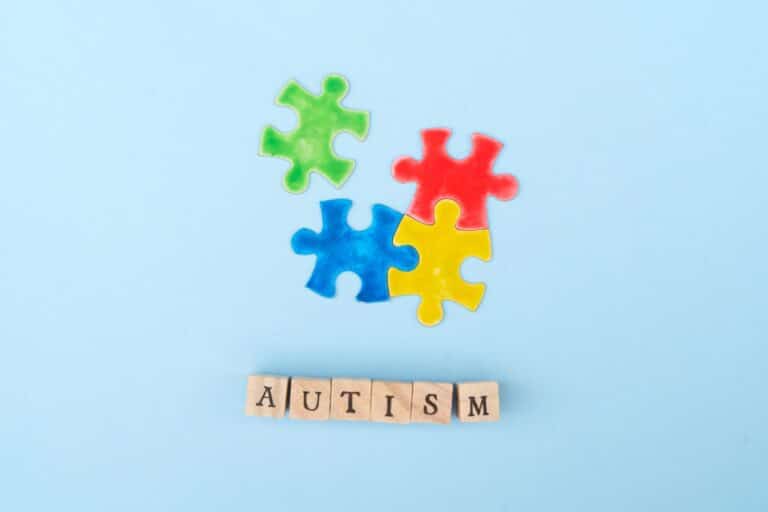Pandemics can cause several different physical and mental health issues. One of those health issues is substance abuse.
The outbreak of COVID-19 has affected millions of Americans. Many Americans found themselves not knowing what to do while in quarantine. Restaurants closed, social hangouts were canceled, bars shut down, and people started to work from home.
With minimal ways of interacting with others and doing anything in general, Americans were forced to find other ways to keep themselves busy.
While it’s hard to pinpoint a clear trend in drug or alcohol abuse, evidence supports the pandemic could be contributing to unhealthy habits such as drinking alcohol.
Motives For Drinking
Boredness, anxiety, and hopelessness play a significant role in triggering substance use, according to professionals. Other potential stressors include more resilient ones like financial insecurity and work to protests and racial unrest.
Previous studies indicate that in the wake of traumatic events, like natural disasters, people will often drink to cope with the stress. This can be applied to the pandemic as well, along with social limitations.
According to the Research Triangle Institute Internation, the rates of binge drinking increased from 22% in February 2020 to 27% in April 2020. This survey also reported that 33% of respondents drank alcohol more frequently, while 21% reported drinking less.
Signs of Addiction and Abuse
As the pandemic continues, this feeling becomes more prevalent, but using substances to cope or self-medicate can quickly become addictive. To cope with the stress brought about by the pandemic, experts urge people to stay away from substances.
So how can you identify whether or not you or a loved one has a problem? According to the National Institute on Alcohol Abuse and Alcoholism, moderate drinking is one drink per day for women and two drinks per day for men.
In general, the recommended amount of drinks are no more than 14 per week. It is recommended that men have no more than four drinks per occasion and no more than 7 per week. And for women, no more than three drinks per occasion.
You should remember that alcoholic stereotypes aren’t always accurate.
Common warning signs that alcohol may be a problem include:
- Cravings for alcohol
- Increased tolerance
- Increase in frequency
- Continuing to drink regardless of consequences
- Drinking early in the day
- Drinking alone
- Frequent memory blackouts
Findings in Women
As previously mentioned, researchers have found that the percent of women that were drinking rose 41 percent. Similarly, they found that 1 in 5 women had heavily consumed alcohol one additional day per month compared to 2019.
There was also an increase in physical, social, and interpersonal problems related to drinking. Among women, these problems increased by 39%.
Recovery and COVID-19
Those struggling with substance abuse were amongst the most affected by the pandemic. The ability to go to meetings or socialize with others in similar situations was lost. Individuals were forced to fall into old habits.
In addition, some patients have lost access to specific treatment programs. For example, the loss of medication-assisted treatment due to the pandemic increased their risk for overdose.
Methadone treatment has also changed. Patients typically show up to receive methadone six days a week for the first three months.
Now patients will take them home and receive a longer supply of methadone.
Being alone and feeling isolated can cause a sense of hopelessness, a common trigger for individuals in recovery experience. Fortunately, telehealth and telemedicine make it possible to get treatment or attend meetings online.
Sobriety Is Possible with SoCal Sunrise
It might seem like COVID has pushed you or a loved one past a point of no return. While you might fall into old habits, there is still hope to get better.
Our Orange County addiction treatment center will create a personalized treatment program specific to your needs. We will work around COVID restrictions to ensure you get the best care possible.
Contact Southern California Recovery Center today.






